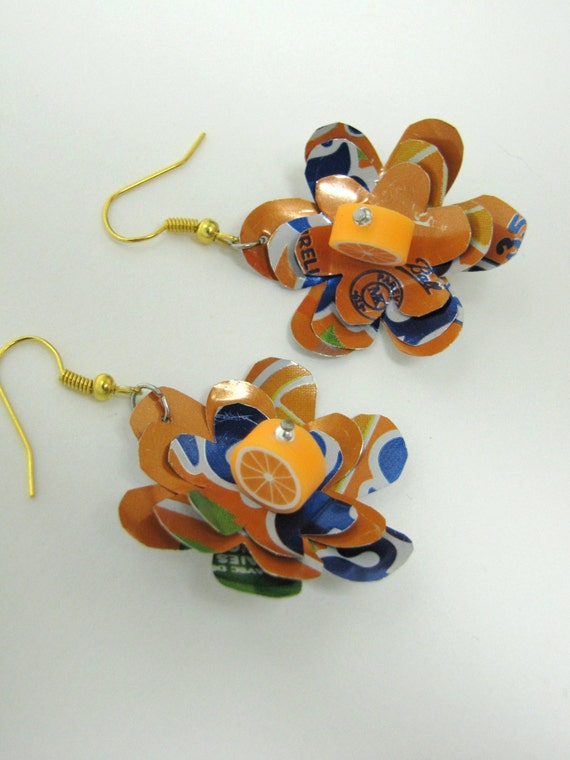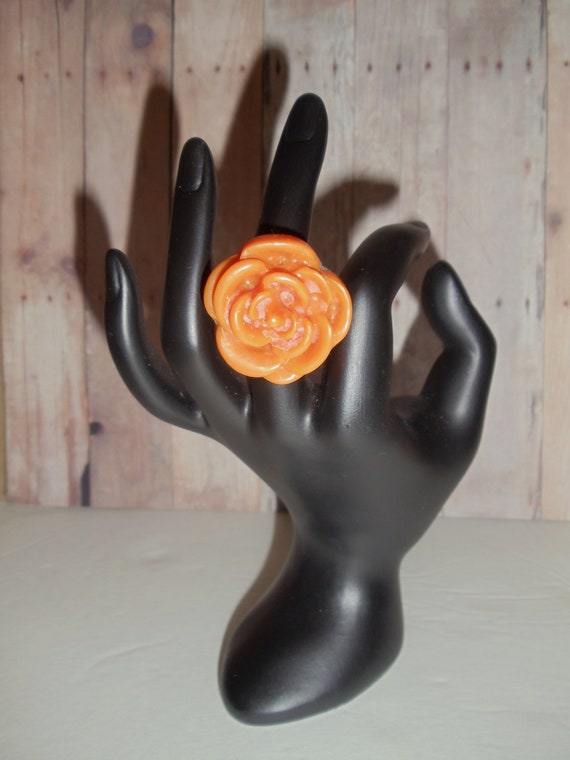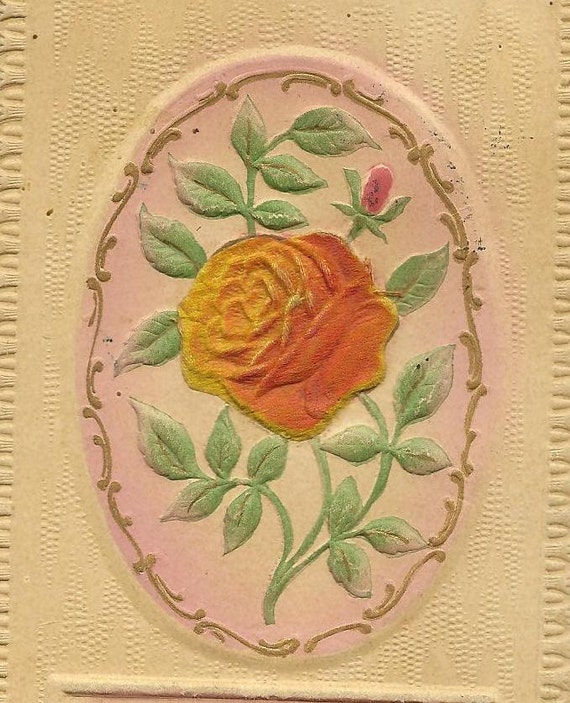I have purchased a few tutorials over the years, some on Artfire, Etsy and even eBay. Most of these tutorials I have glanced through and put them aside as projects to complete or play with later. We all know how often later comes around.
So, for my latest project, I had to design 10 pairs of new earrings that I wanted to create. I also added a couple chain necklaces to the mix. I poured over my thousands and thousands of bead magazines in search of ideas for simple earrings that I could modify to meet my clay bead needs. As I was thinking about this project, which usually involves days and weeks pondering things, I decided to do some faux work. I looked at all my supplies – you know, all those beads, wire, stringing material, chains and other oddities – and decided I wanted to work in faux turquoise. This is by far one of the easiest stones to replicate in clay, and I had all this great chain that I bought from Elaine of Zoomgraphik. It had been sitting in a box in the closet.
Now it is sitting on my desk.
I started my faux turquoise recipe from scratch. I have not done any faux work in six years, so I was a bit rusty. I did not go looking for any tutorials or any recipe books. Those things are all in Florida; I am not.
I made one batch of faux turquoise and totally forgot what I was doing and threw it away as it was not salvageable.
The next go round, I made sure it was correct.
Here is my mess:

My clay is a mix of teal, ecru and lots and lots of ground pepper. Yes, ground black pepper, or as we clayers like to call it: INCLUSIONS! They are a happy accident most of the time, but this was a true inclusion that I worked through my clay to give it the specks I was going to use as different spots. The trick to inclusions is to keep them from hindering your clay by stopping it from sticking together.
Once I was happy with the texture and color, I chopped the heck out of the wad of clay. I managed to slice open my hand and skin a knuckle. I went to bed. Tools are sharp and in my case, dangerous.

You can see the two “nuggets” that I created for my test earrings. The clay is wadded back together into pieces and then remodeled into the shape that I wanted to see. I planned a pair of earrings that were going to be a three hole bead as seen in the top left hand sketch in the other photo. I created these beads to hold chains.

Here are more beads in single hole and triple hole varieties. They are going to be for both earrings and chain pendants.
This blue is really pretty, but it is not what I am looking for in a color. The beads are darker than what is shown here, but not by much.
I took my baked beads, my bottle of black acrylic paint and a wet paper towel in order to start distressing and aging my beads.
I wanted the black into the cracks and to accent the pepper spots. These beads have not been done yet, as they just came out of the oven.
When I got the beads looking the way that I wanted, I varnished them lightly with minwax. Now, they are ready to be strung on a pair of earrings. This was when the power went out, so I sat in the dark by the window and wrapped up a pair of earrings. They are different than the drawing because once I started on them, I thought of new things to do to them. :)
Here is the pair of earrings that have been completed and distressed to the point I wanted.


I was reading a great blog post from Catherine of Shadow Dog Designs regarding Natural Turquoise vs. All Others
In looking at all the beautiful examples of turquoise she is showing off, I am not sure where my colors fall into the scheme of things, but I am certain I was shooting for Kingman, but ended up in the dyed howlite range.
There is so much that you can do with polymer clay that I will always be excited and enjoy experimenting when the time allows.
Enjoy!
Julie and Blu




